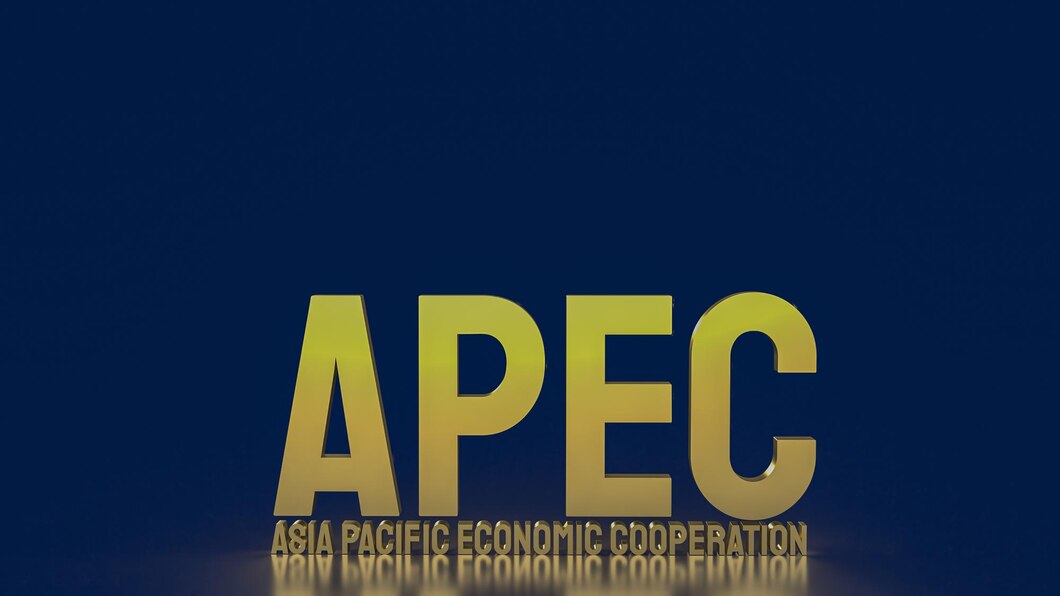
5 Key Components Of APEC’s Agenda For A Resilient Future
As the world navigates the complexities of an ever-evolving global economic landscape, the Asia Pacific Economic Cooperation (APEC) continues to be a driving force in shaping fair trade, among many other responsibilities.
Representing 21 member economies in and around the Pacific Rim, trade conducted under the watchful eye of APEC represents 50% of the global economy. To understand the importance of the work APEC is doing every day, here are five key components of its agenda for driving a resilient future.
1. Trade and Economic Integration
One key accomplishment of APEC has been a strong focus on eliminating trade barriers between member economies by streamlining customs procedures and reducing tariffs. By creating an environment where businesses can more freely integrate trade with fewer obstacles, APEC has helped create an environment where businesses of all sizes can flourish.
2. Collaborative Economic Policies
A primary strength of APEC is its approach to creating collaborative and multi-cultural economic policies. APEC helps member economies work together to create cohesive strategies to reduce barriers. This commitment to promoting open and clear dialog on behalf of all member economies, as well as the continuous sharing of information, has fostered the creation of effective and responsive solutions.
3. Harnessing the Expertise of Industry Leaders

APEC recognizes the fact that commerce is the driving force behind economic growth. This is why the APEC Business Advisory Council (ABAC) was formed in 1995. ABAC advises government leaders on business issues of interest to the 21 APEC member economies.
As ABAC Chair in 2023, East West Bank Chairman and CEO Dominic Ng led his fellow ABAC members in tackling global challenges related to equity, sustainability, and trade. ABAC business leaders encouraged APEC government leaders to consider new initiatives, particularly as they relate to digital services, services that support e-commerce, and essential services.
4. Sustainable Development Goals
In June 1992, 178 countries within the United Nations adopted a plan to build global partnerships for sustainable development. This plan became known as the Sustainable Development Goals or SDGs.
APEC has consistently attempted to align its strategies with these goals, including a commitment to promoting responsible and sustainable business practices, reducing carbon footprints, and addressing social inequalities. APEC’s approach to aligning with the SDGs has been a key component of its continued success.
5. Promoting Public-Private Partnerships
The concept of public-private partnerships has been a powerful vehicle for APEC to drive sustainable development. Under the strong leadership of ABAC, the collaboration between governments and micro, small, and medium enterprises (MSMEs) has been key to fostering greater trade and investment, innovation and digitalization, and sustainability and inclusive growth.
These partnerships have been instrumental in building toward a more equitable, sustainable, and inclusive business environment that creates greater opportunity for all of the region’s economies.
APEC’s Role as a Beacon of Collaboration
APEC stands as a beacon of collaboration and collective action in the Asia-Pacific region. The organization’s agenda for a resilient future moves past traditional economic practices by addressing challenges with a forward-looking approach.
By taking key steps over the years, such as deepening trade and investment, increasing innovation and digitalization, and expanding access to training, technology, and capital, APEC is playing an important role in helping economies build cross-border relationships and realize new business opportunities.
Additionally, by promoting open, clear, and constant communication, APEC has created a collaborative economic environment. Furthermore, APEC’s alignment with SDGs has shown a commitment to sustainable business practices while its keen eye on promoting public-private partnerships has helped create and grow a more inclusive business environment. APEC as a whole continues to be a driving force of the world’s economy and continues to set the pace for a resilient future.
Read Also:

















Post Your Comment